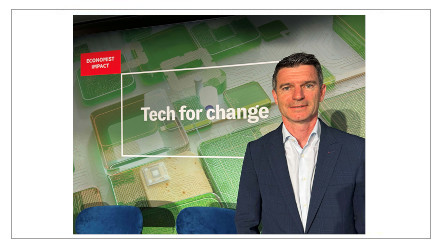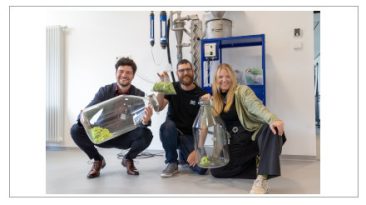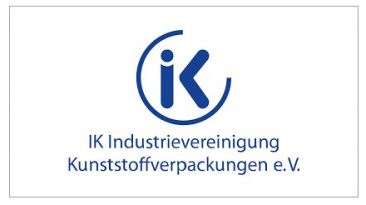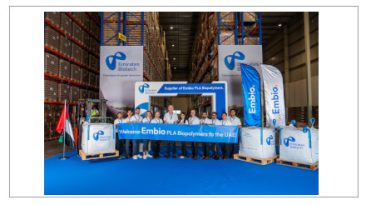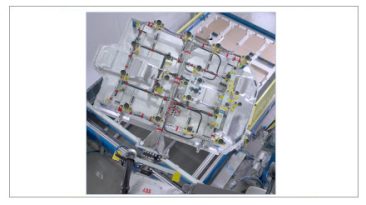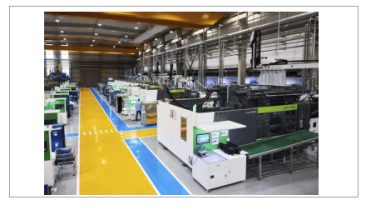By Thomas Philipon, CEO, TotalEnergies Corbion
At the Economist Sustainability Week 2025 in London, industry leaders, policymakers, and businesses gathered to discuss one of the most pressing challenges of our time: building a sustainable and circular economy to mitigate climate change.
A resounding theme from the event was the urgent need for industry-wide collaboration. Across sectors, leaders emphasized that pre-competitive cooperation is critical to aligning sustainability strategies and bridging the gap between high-level regulations and real-world business decisions. A unified approach will be key to scaling impactful solutions.
Despite political uncertainties, history shows that the sustainability transition is business driven. In the U.S. for example, record renewable energy investments have been taking place, even when there isn’t strong policy support. Today, global climate-focused investments have surpassed fossil fuel funding, marking a historic turning point. Sustainability is no longer an optional cost but a risk mitigation strategy—and a business imperative.
Speakers such as John Kerry reinforced that corporate sustainability efforts remain resilient regardless of political shifts. Andrew Forrest from Fortescue provided a compelling example: his company is investing multi-billions of dollars to electrify mining operations by 2030, eliminating an annual single billion-dollar fossil fuel expense. Similarly, China’s leadership in renewable energy deployment — installing more capacity since the Paris Agreement than the rest of the world combined — demonstrates that rapid transitions are possible when policy, infrastructure, and investment align.
The Role of Bioplastics in Circularity: Turning Commitment into Action
As CEO of TotalEnergies Corbion, I had the privilege to be one of the Economist Sustainability Week speakers and engage in key discussions on the role of bioplastics —particularly PLA — in supporting the objectives of the Global Plastics Treaty and accelerating the transition to a low-carbon future.
At TotalEnergies Corbion, we are committed to driving the circular economy. Our Luminy® PLA offers multiple end-of-life solutions, including organic, mechanical, and advanced chemical recycling. Our hydrolysis-based recycling technology in Thailand ensures PLA remains in a continuous material loop, reinforcing the viability of a fully circular plastics economy.
The market momentum is clear — bioplastics production is set to triple between 2023 and 2028. However, to scale this transition, industry collaboration, policy incentives, and consumer engagement must evolve alongside technological advancements. Public-private partnerships and circular design thinking will be essential in overcoming adoption barriers.
The Economist Sustainability Week, with 1500 attendees and 300 speakers, reinforced a crucial truth: the pathway to a low-carbon economy exists — the challenge is accelerating execution. As Patricia Espinosa noted, no one is yet paying the full cost of climate change, but businesses and governments must act now to mitigate long-term risks.
With the Global Plastics Treaty setting the direction, the question is no longer if businesses should transition, but how quickly they can lead the change. At TotalEnergies Corbion, we don’t just advocate for sustainability — we deliver it. Let’s turn ambition into action and make the circular economy a reality.
Watch Thomas Philipon’s talk at the Economist Sustainability Week: https://youtu.be/U5PB8PC8-yA


